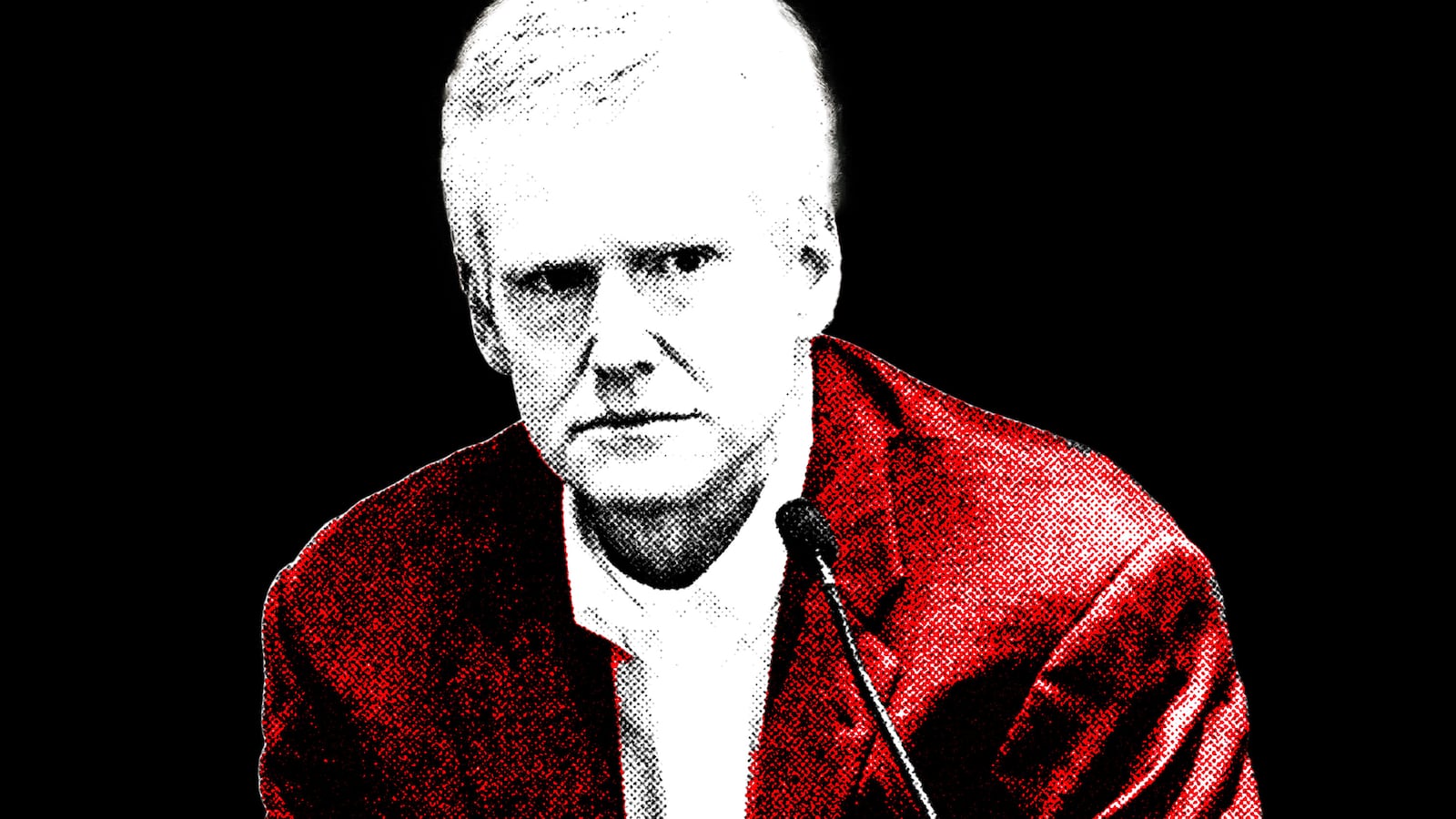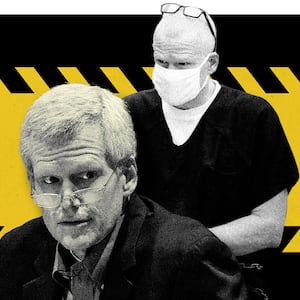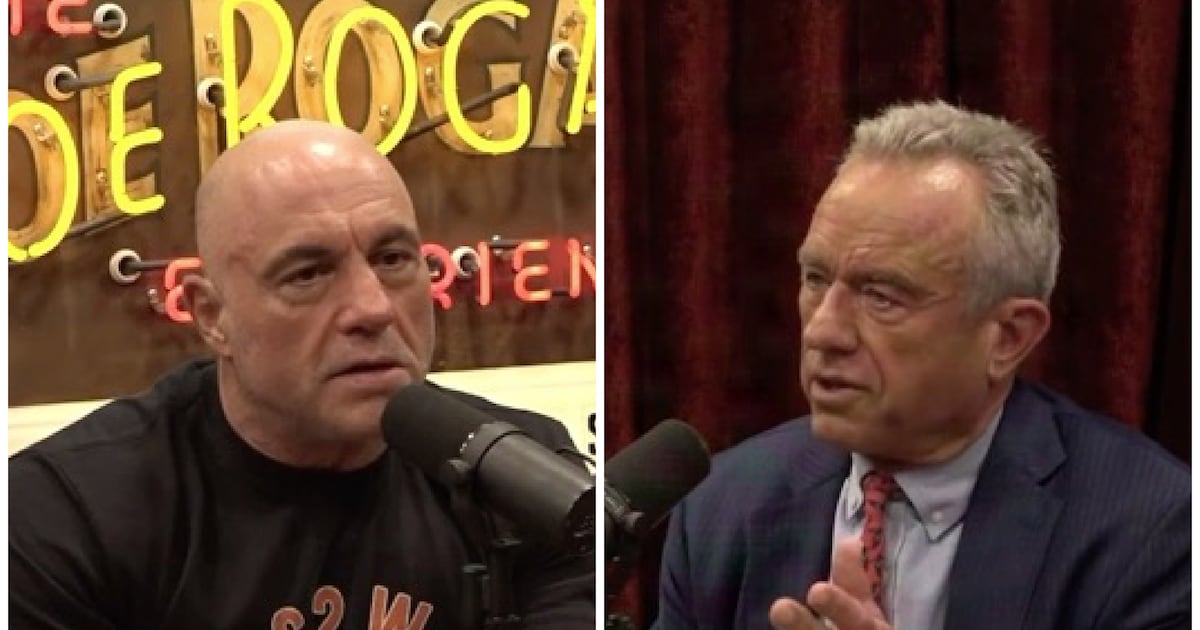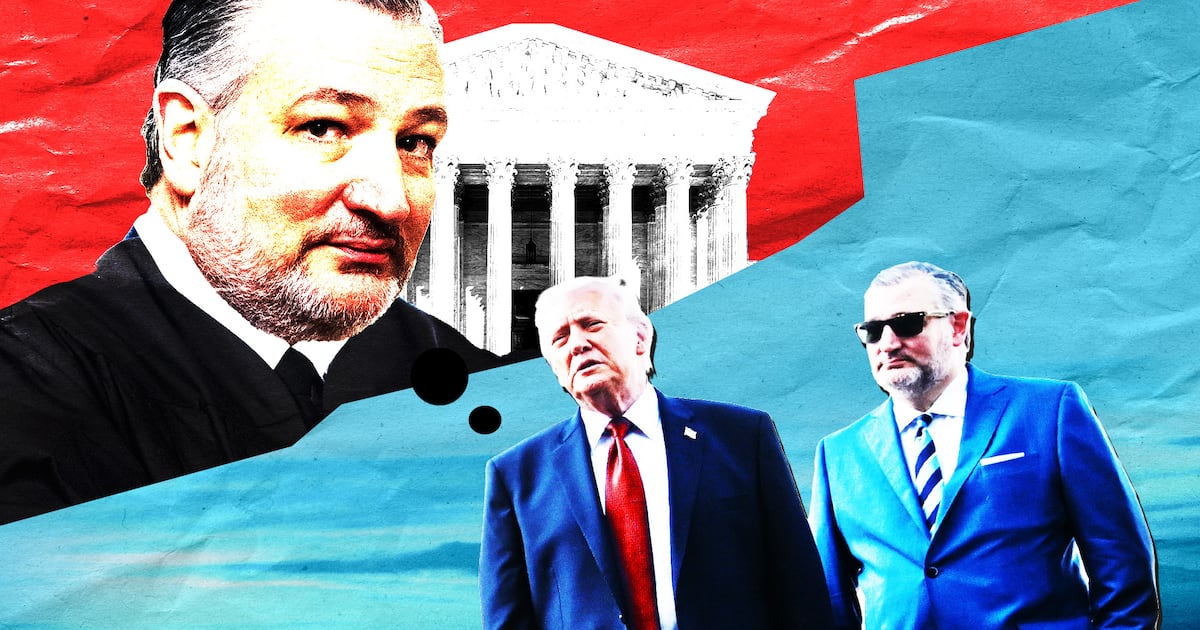Alex Murdaugh, the once-prominent member of a legal dynasty in South Carolina’s Lowcountry, has been convicted of murdering his wife and son in June 2021.
Murdaugh, 54, was found guilty of all four counts against him on Thursday in connection with the deaths of his 52-year-old wife, Maggie, and their 22-year-old son, Paul, near the dog kennels of their South Carolina estate on June 7, 2021.
The Colleton County jury reached a verdict at 6:41 p.m. after almost three hours of deliberation, with no questions to Judge Clifton Newman. Murdaugh appeared emotionless as the verdict was read in the packed courtroom. Several rows behind him sat his only surviving son, Buster, who had his head in his hands and looked downward.
Murdaugh is set to be sentenced on Friday morning, where he faces a minimum of 30 years in prison.
In a press conference after the verdict, South Carolina Attorney General Alan Wilson stressed that Thursday was a “great day for South Carolina” because “Our criminal justice [system] worked tonight, it gave a voice to Maggie and Paul Murdaugh.”
“Justice was done today,” lead prosecutor Creighton Waters added outside the courthouse. “If you do wrong, if you break the law, if you murder, then justice will be done.”
“Rarely does a jury make up its mind so quickly,” Randall Kessler, an Atlanta trial lawyer and professor at Emory Law School, told The Daily Beast after the verdict. “Clearly this is the rare occasion where minimal deliberation was needed and no one on the jury needed to be convinced by the others.”
Kessler added that it was “one of the quickest verdicts and shortest deliberations of any public murder trial in memory” and that the swift decision means that the jury rejected Murdaugh’s “entire testimony.”
“A quick verdict like this leaves little doubt they didn’t believe a word he said,” Kessler said.
Lawyers for Murdaugh said they were “disappointed in the jury’s verdict” and added that they “will not have any further comment until after sentencing.”
The conviction marks the end of what has been deemed as “the trial of the century” in South Carolina and the first win for the prosecution in their string of cases against Murdaugh. In addition to the double homicide case, Murdaugh is also facing separate charges in connection to a September 2021 botched suicide scheme so that his only surviving son, Buster, would inherit his $12 million insurance payout.
He is also facing 100 charges for a slew of alleged financial crimes, ranging from swindling millions from his former law firm to diverting a settlement intended for the children of his deceased housekeeper for his own enrichment. Lawyers for several of those alleged victims cheered Thursday’s verdict, saying that Murdaugh “will drink from the same cup of justice as every other citizen and other convicted murderers.”
“His power, prestige and money afforded him no special treatment,” Eric S. Bland and Ronald L. Richter wrote in a statement. “The people have spoken. Alex’s life of lies and deceit ended today. Maggie and Paul are vindicated. Justice prevails.”
Former federal prosecutor Neama Rahmani told The Daily Beast that the quick verdict is a credit to the “prosecution doing an incredible job in a difficult circumstantial case.”
“A quick, 3-hour verdict in a 28-day trial means it wasn’t even close,” he added. “Murdaugh and the defense completely botched the case with his lie to law enforcement and his testimony.”

Alex Murdaugh and his only surviving son, Buster, listen to the guilty verdict.
YouTubeIn the murder trial, prosecutors alleged that Murdaugh fatally shot his wife and son with two different guns in a heinous attempt to garner public sympathy and evade questions about his alleged years-long scheme to embezzle money from his former law firm and clients.
“The pressures on this man were unbearable, and they were all reaching a crescendo on the day his wife and son were murdered by him,” Waters said during closing arguments on Wednesday. “Those pressures mount and that person becomes a family annihilator.”
His defense team, however, insisted that Murdaugh had no motive to murder his family and that the prosecution has no hard evidence tying their client to the slayings. During closing arguments, attorney Jim Griffin spent time slamming the prosecution’s case—and offering a different theory as to who murdered Paul and Maggie.
“The most common sense thing here is there were two shooters,” Griffin said Thursday. “There were two guns. One gun was high capacity. If you’re going down there to execute somebody, one gun is enough.”
Throughout the six-week trial, jurors were introduced to the broad strokes of all of Murdaugh’s alleged crimes—and even heard from his former best friend, who told jurors the former lawyer had stolen $192,000 from him. Jurors also heard from Murdaugh himself, who admitted to lying to prosecutors about his whereabouts the day of the murders and opened up about his years-long addiction to opioids that often led to tension within his household.
“I did lie to them,” Murdaugh told the jury about his previous conversations with law enforcement. “As my addiction evolved over time, I would get into these situations or circumstances where I would get paranoid thinking.”
Three of Murdaugh’s family members also notably took the stand, including his brother and his only surviving son, who both testified on his behalf. Maggie’s sister, Marian Proctor, testified on behalf of the prosecution and revealed to jurors what Murdaugh had said about the mindset of the killer after the murders.
“He said that he did not know who it was, but he felt like whoever did it had thought about it for a really long time,” Proctor said.
The testimony from dozens of additional witnesses mostly focused on the day that Maggie and Paul were murdered. Prosecutors showed jurors hundreds of pieces of evidence, including cell phone data, ballistics, and autopsy reports to show that the former lawyer was the only one who could have “brutally and maliciously murdered” Maggie and Paul.
“No one knew who he was. No one knew who this man was. He avoided accountability his whole life. He relied on his family name. He carried a badge and authority. He lived a wealthy life,” Waters said.
Several witnesses in the trial also testified to Murdaugh’s years-long alleged embezzlement scheme, including Jeanne Seckinger, the CEO of his family’s former law firm. Seckinger told jurors that hours before the murders, she confronted Murdaugh about the whereabouts of approximately $792,999 in legal fees that had gone missing from a case he had handled.
“He looked at me with a pretty dirty look, one I had not seen before, and said, ‘What do you need now?’” Seckinger told the jury. “My concern was that he had stolen fees and they were paid to him personally.”
After the murders, however, Seckinger said that all questions about the missing funds disappeared as the law firm rallied around Murdaugh. (Murdaugh was eventually fired in September 2021, the day before he hatched his botched assisted suicide insurance scheme.)
The most crucial piece of evidence for the prosecution, however, was a video Paul took minutes before his murder at the dog kennels. In the video, Paul’s parents can be heard in the background talking about one of their dogs—a conversation that demolished Murdaugh’s previous alibi that he was asleep at the main house at the time of the murders. On the stand, Murdaugh admitted to being at the kennels prior to the murders but insisted that when he left his wife and son were still alive.
“On June 7, I wasn’t thinking clearly. I don’t think I was capable of reason. And I lied about being down there. And I’m so sorry that I did,” Murdaugh told jurors on the stand before apologizing to his family. “I would never do anything intentionally to hurt them, ever.”
In his closing arguments, Waters also poked holes in Murdaugh’s testimony on the stand, specifically his revelation that he was at the kennels minutes before his wife and son were murdered.
“Why would he lie about that, ladies and gentlemen? Why would he even think to lie about that if he was an innocent man?” Waters said. “It doesn’t make sense, ladies and gentlemen. It’s a new story to fit facts he can no longer deny.”
The defense, however, spent the majority of their case calling witnesses who poked their own holes in the prosecution’s forensic evidence, highlighted the shortcomings in the murder probe, and spoke about their client’s devotion to his family. During closing arguments, Griffin admitted that Murdaugh is not the perfect client and that he lied to investigators while in a drug-induced paranoia.
“That’s what addicts do,” Griffin said. “And why did he lie? That is certainly a fair question. And, frankly, I probably wouldn’t be sitting over there right now if he had not lied.”
Murdaugh's conviction marks the start of justice for several South Carolina families who have long demanded accountability. The mother of Stephen Smith, whose 2015 death is now being investigated by authorities after Maggie and Paul's murder, said in a Thursday statement that the guilty verdict marks “answers and closure.”
“We know firsthand the agony and frustration of being in the dark about how a family member was killed and I am thankful the whole story was put before the jury in a public trial,” Sandy Smith said, adding that she hopes for answers in her son's case.
For the lawyers of Curtis Eddie Smith—who is facing several charges alongside Murdaugh for the September 2021 roadside shooting, money laundering, and drug trafficking—Thursday's conviction is a major win.
“It should now be clear that our client had nothing to do with the tragic deaths of Maggie and Paul Murdaugh,” attorneys T. Jarrett Bouchette and Aimee Zmroczek said in a statement to The Daily Beast. “Mr. Smith is a good and decent man who was, like so many others, manipulated and taken advantage of by Mr. Murdaugh, and we look forward to the opportunity [to] present his story at trial.”







